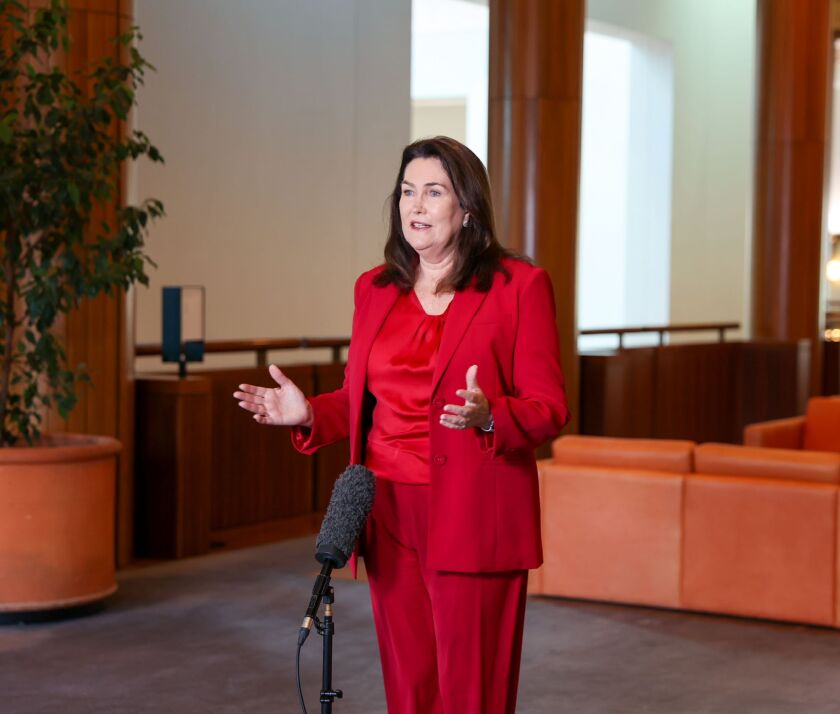Deborah O’Neill, Labor senator for New South Wales and chair of the Joint Committee on Corporations and Financial Services, has said it’s hard to believe claims of innocence from transfer pricing practitioners connected to the PwC Australia tax leaks scandal.
Uber and Facebook are two firms that have been caught up in the scandal after they managed to restructure and sidestep Australian anti-tax avoidance legislation days before it came into effect in January 2016.
They were able to do this after receiving confidential government information that was leaked by the former head of international tax at PwC Australia, Peter-John Collins, who was part of an advisory group consulting with the Treasury on plans for new legislation.
Uber reportedly moved its Australian business to three partnerships registered in the Netherlands, in a restructuring devised by PwC, its tax adviser at the time. The firm ended its relationship with PwC Australia in September, according to a spokesperson.
Neither Uber nor Facebook has faced a penalty, largely because they both claim that they had no knowledge that the information was improperly obtained.
But, in an exclusive interview with ITR, Senator O’Neill said the explanation is hard to believe based on the sophistication of the TP practitioners at these large multinationals.
“An argument that was put to us is that there’s no way they would have put money on the line if they weren’t quite confident that the intelligence they had was accurate,” she said.
“It is pretty unlikely that people savvy enough to set up transfer pricing tax regimes would be not savvy enough to demand some clarification and assurance that this scheme was actually going to be enacted, which means that they would know that there was confidential information,” she added.
O’Neill continues to lead an inquiry into PwC, other tax consultancies, and the companies on the receiving end of the leaked information.
She insisted that while the government needs to “chase down” the large tech companies that benefitted from the information, the outcome remains uncertain.
The full interview with O’Neill, in which she also discusses more on the tax leaks scandal, the wider consultancy sector, and the future safeguarding of Australian public procurement, will be published on ITR in the coming days.










